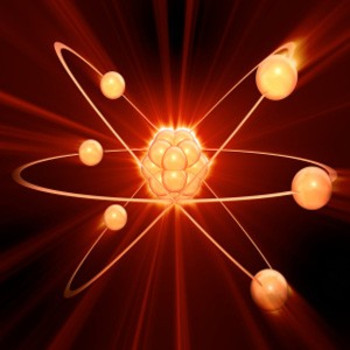How many epitopes does an antigen have?
1 Answer
Usually multiple, but not a specific number.
Explanation:
Antigens are usually large molecules (macromolecules) such as proteins or sugars that the immune system recognizes as 'foreign'.
The immune system makes antibodies against these foreign molecules, but never against the entire antigen. Antibodies recognize specific patterns and/or chemical groups on an antigen, these are called antigenic determinants or epitopes.
So, different antibodies can be made that recognize different epitopes on the same molecule. An antigen is an antigen when there is at least 1 epitope , but there is not a specific number of epitopes on one antigen. The number of epitopes depends for example on the size of the antigen.
For human proteins it has been determined that epitopes are comprised of 9 to 22 amino acids , not necessarily continuous, but at least in close proximity when the protein is folded. This gives an idea of how many possible epitopes an antigen can have.

